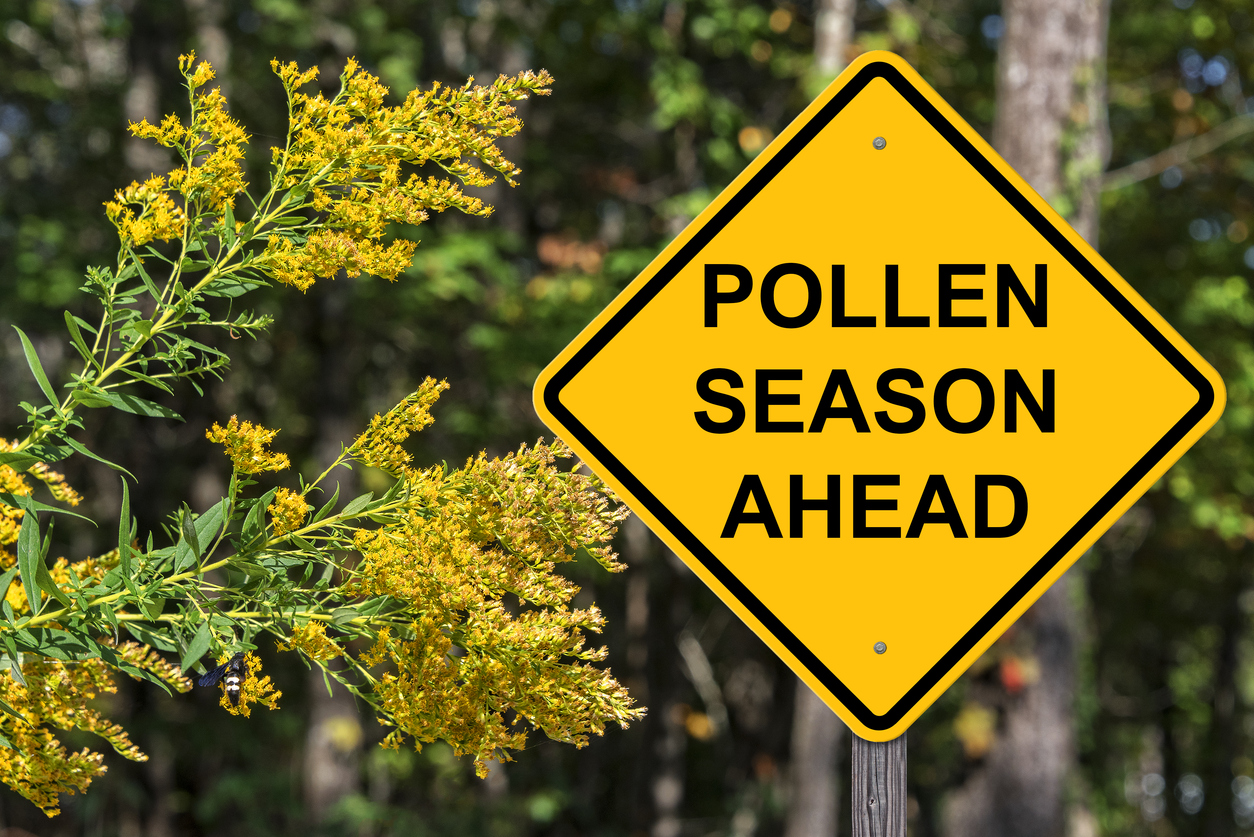Can Allergies Affect Your Vision?
Allergies are often perceived as mere nuisances, manifesting through sneezing, congestion, and skin irritations. Even so, a growing body of evidence suggests that allergies can have lasting implications that extend beyond common symptoms. Conditions related to allergies can lead to a spectrum of eye-related complications that can negatively impact your vision and quality of life. Today, we answer the question, “Can allergies affect your vision?” and offer information about the connection between allergies and vision.
Can Allergies Affect Your Vision?
Studies have shown that allergies often affect vision. More than half of people living with allergies experience symptoms in the form of itchy, watery, and swollen eyes. These manifestations not only contribute to pain and discomfort but can also result in blurred vision to a degree that hinders daily activities. The interplay between environmental allergens and the exacerbation of symptoms suggests a clear correlation between allergies and reports of vision complications.
While allergies may not be the direct cause of vision loss, their indirect effects on eye health can be profound. Addressing this often-overlooked aspect of allergy management is essential for improving patient outcomes and quality of life.
What Causes Eye Allergies?
Allergies that impact vision are referred to as allergic conjunctivitis and generally result in itchiness, dry eyes, and blurry vision. While symptoms can vary from person to person, the cause is commonly the same. Your body encounters an ordinarily harmless environmental substance known as an allergen. This substance elicits a response in the form of the body’s overreaction to the foreign substance.
A large number of substances can be considered allergens. Of those that often concern the eyes, the most common are:
- Pollen from grasses, trees, and flowers
- Dust mites
- Pet dander
- Mold
- Perfume
- Cigarette smoke
- Diesel exhaust
Why Eye Allergies Are Exacerbated by Season
All of the allergens described are present year-round. This issue raises the question of why allergies are exacerbated during the spring and early summer months. Well, during these months, pollen counts multiply, and high winds occur more frequently than in other months. The wind blows and knocks allergens loose, then distributes them in the air for unsuspecting bystanders to find. Under normal circumstances, this event would be no issue, but for people with allergic conjunctivitis, this issue means redness, swelling, and discomfort.
Symptoms of Eye Allergies,
Evidence concludes that eye allergies can indirectly or directly affect your vision. However, some other eye conditions share similar symptoms to allergic conjunctivitis. As such, having your eyes checked by a medical professional is vital in optimizing your eye health.
Symptoms of allergic conjunctivitis include but are not limited to:
- Itching
- Watery eyes
- Burning
- Dry eyes
- Red eyes
- Dark under-eye circles,
- Swollen eyelids
- Light sensitivity
- Watery or thick, discharge
If you are experiencing any of these symptoms, you are advised to seek medical advice. A doctor can address potential problems, ease your concerns, answer any questions, and create an individualized treatment plan. If symptoms persist, it could indicate a serious underlying condition with the potential to impair your vision.
Vision Impairment Caused by Allergies
Vision impairment in the form of blurry vision can be caused by the body’s attempt to fight allergens when they enter the body through the eye. When allergens enter the eye, your immune functions are triggered, releasing histamines to combat the invader. In allergic reactions, the result can take the shape of swelling blood vessels in your eyes and eyelids. This swelling causes pressure to be applied to the eye and can create blurry vision.
Similarly, wearing contact lenses can cause an allergic reaction in your eyes. This condition, giant papillary conjunctivitis, refers to symptoms of blurry vision and deteriorated vision correction because of the use of contacts.
Another common reaction to expel allergens from the eye is increased tear production. This layer of moisture can cause vision loss, though sometimes the vision impairment is due to a layer of mucus coating the eye, rather than excess moisture.
Health Clinic in Abilene
Allergies can significantly impact the quality and strength of your vision. Early intervention and proper treatment are imperative for maintaining eye health and supporting overall well-being. Contact West Texas Health to treat your allergies today.

